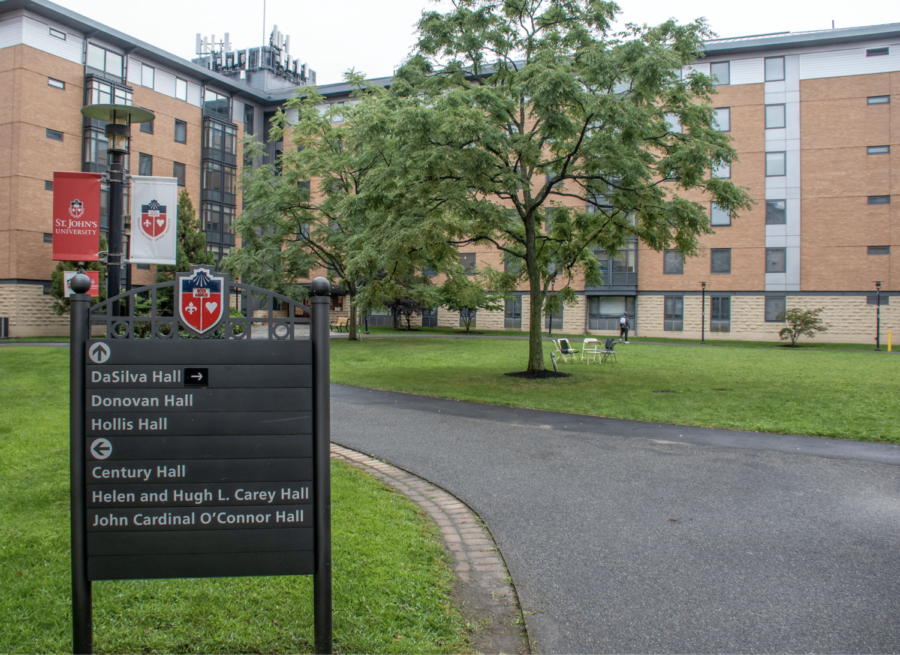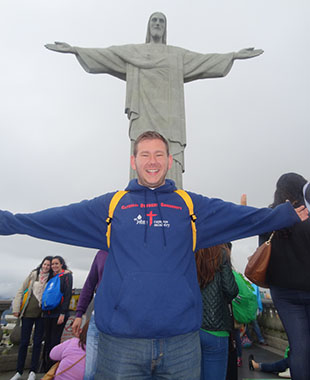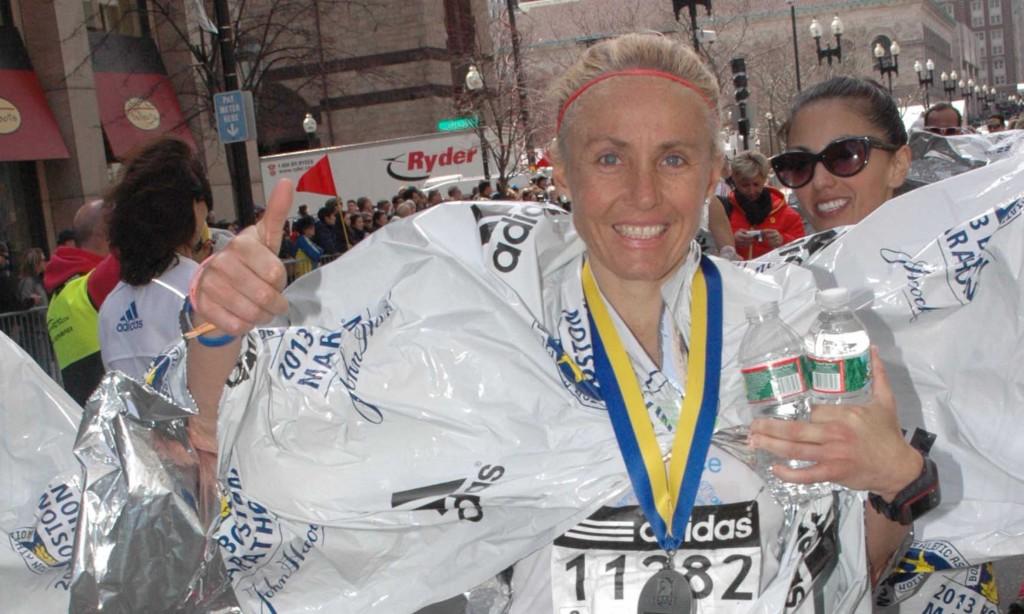Two University students argued their way through the World Universities Debate Championships (WUDC) in Berlin, Germany over the holiday break, continuing to foster their international presence and debating prowess.
From Dec. 27 to Jan. 4, Alia’a Harun and Catarina Goncalves, members of the Debate Society, represented the University against more than 300 other universities in the “Olympics of Debate.”
While the two students performed well, Monash University from Australia won its third straight WUDC title.
Harun, an ecology major, described the experience as “stressful” but equally “enriching” because she says she loves the kick from it.
“There’s so much of adrenaline rush from it that by the end if you do get the result or outcome of the argument you wanted,” she said. “It’s an exchange of ideas that’s so fruitful. There’s just a sense of accomplishment that you can’t find from anything else.”
Josiah Peterson, a graduate assistant for the Debate Society, acted as a judge during the competition.
He said that the fruit of his time in Berlin was learning from former world champions taking part in the panel discussions.
“If you’re not persuaded then don’t change your mind, argue for your point,” he said. “The chief end of it is justice. They should be able to explain and be able to sleep at night with whatever decision they made.”
The Debate Society is no stranger to the international or national stage, competing in more than 15 tournaments throughout the academic year.
They are also ranked second among the Northeast universities.
They also participate in debate workshops overseas, most notably their Morocco Debate Exchange program, a partnership between Institute for Leadership and Communication Studies, Mohammad V University, and the University in Rabat, Morocco.
Dr. Stephen Llano, Director of the Debate Society, said he was happy with the team’s performance abroad.
He said that his team must learn to lose before they can win and be willing to mature from either result.
“In the world where words work us over and where we work over the words to work other people over,” he said.
“This is what the practice of debate teaches to you in three rules: you have to depend on language; language is not to be trusted, and profit from it.”











